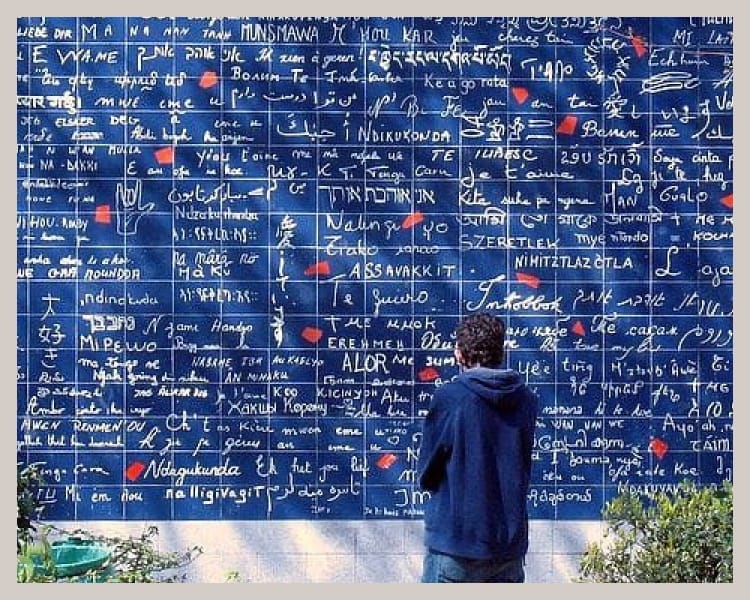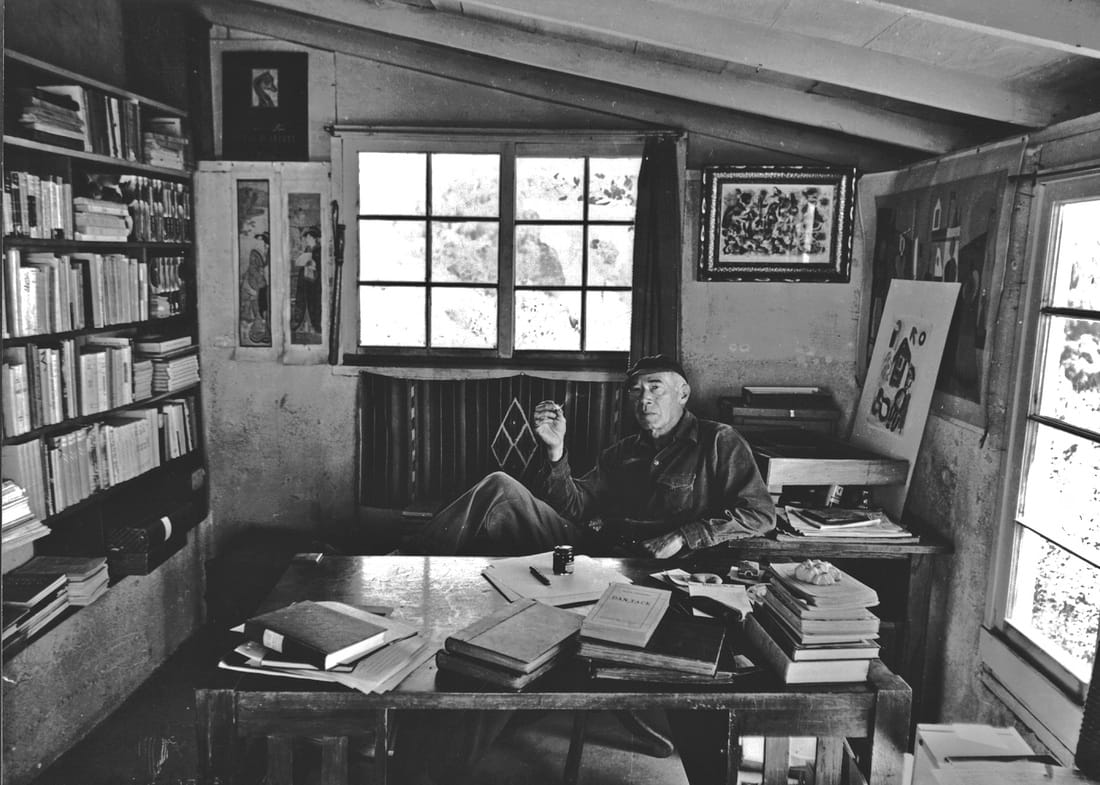Reward is in the making.

Jake, in his late 20s, was a writer living in Albany, NY. He often wondered why he stayed there. He liked the idea of being a writer in NYC when he was 25, but it got competitive before he even signed his ease.
So, he decided maybe staying about 150 miles away was perhaps a good choice.
Jake was the kind of person who used one side of his notepad in portrait and the other in landscape. He wasn’t psychotic strange, but the kind who couldn’t sustain his own happiness for more than 4 days.

He got a kick out of the act of writing. Looking out the window, pencil tucked behind his ear, feet lounging on the table, and hands behind his head. That was the writer he was. You know, the mentally-on-a-hammock kind.
Living in NYC stripped away that part of his personality. “How can you be so casual? Writing is serious business. Buckle up, tie your laces, and go, go, go!”
This got to him too quickly. He didn’t want to wait years until he could write for the simple joy of writing. He didn’t want to save joy for later, given how soon he usually runs out of it.
What drove people crazy was how effortless he was. “How is he not constantly adjusting his hair, frowning, and scratching his forehead, yet still producing so many quotable pieces?”
They couldn’t figure out what he had, so they tried to change him. Classic human behavior. Why adjust yourself when you can make someone else do it?
But before they could waste their time trying to eliminate him from the competition, he quit.
Smart.
He wasn’t a product of his generation. He lived in the lands of creators he looked up to.
He would take all of their writing at face value.
He believed William H. Gass when he said, “The true alchemists do not change lead into gold; they change the world into words.”
He didn’t just highlight it, print it, or paste it on his wall. He worked to make it happen.

Living by the lessons we learn is a tough skill. But without it, we’re hollow.
The one thing he did differently compared to his peers was that he wrote sincerely, but never seriously. Ever.
Writing or creating only becomes a chore when we compare our best to someone else’s.
Yes, their work, writing, art, thoughts feel far out of reach to you, but maybe what you are doing today, where you stand right now, is worthy too.
I know It’s hard to believe that when you fee unseen, but all in good time. For now, just enough belief from yourself will speed things up for you.
The focus is always on “one day I shall too” but what about your day one? That’s a big one too. And as James Clear recently wrote: “The first minute of action is worth more than a year of perfect planning.”
A year of planning = one day
First action = day one.
A lot of times, admiration brings duplicity.
We don’t just stop at ‘She’s good.’ No, it’s more like, ‘She’s good. How do I become like that?’ Especially when that person is the same age, in a similar field, but better off and famous.
He felt at one with what he was doing, making a decent living. Luxuries didn’t interest him much. He never demanded a a fortune for his writing. It wasn’t so low that it felt like a scam, nor was it so high that it felt like a one-time purchase.
He wasn’t naive, people were always telling him how much they’re willing to pay. But he was one of the rare content ones.
He knew that good sentences were hard to come by, which was made them so valuable and expensive. But instead of charging a lot, he maintained their scarcity by learning when to say no.
And he said it a lot.
You know, the one thing most of us will take a lifetime to wrap our arms around? ‘Why would he charge less than what he’s worth? That’s just foolishness. Sure, the guy can write, but business, clearly, isn’t his strong suit.’
His philosophy was straight:
Every day, we gripe about inflation as consumers, yet as service providers, we keep pushing the envelope.
And sometimes we become too inflated by the belief that we’re exceptionally good. Perhaps the only way to deflate this is by charging less than what you believe you deserve. It’s a brave stance.
His goals were clear.
Wake up. Smile because you woke up.
Chores.
Write. Enjoy it!
Other activities.
Bedtime.
To pump the brakes doesn’t mean settling too soon, but chalking your own finish line. And this is where Jake drew the line; that, right there, was a good life for him.
It didn’t matter what others thought of it; what he thought made the difference.
His joy was in the process of writing, not in the never ending pursuit of more. And ironically, contentment brings more, and greed may take away what you already have.
You can always outsource the charts, editing, illustrations, and everything that counts as grunt work for you. But if there’s something you genuinely want to do, even if you’re not good at it yet, don’t delegate it away. Don’t rely on AI to do it.
Even when AI’s first draft may be 1000 times better than your first, the real reward only comes from doing it yourself.
If you find yourself outsourcing your writing or any other task you claim to want to do, perhaps all you really want is a finished product to sell. And that’s fine.
But if you’re someone who wants to make and create, remember, that’s where the reward lives, not in how others perceive it once you hand it over.

